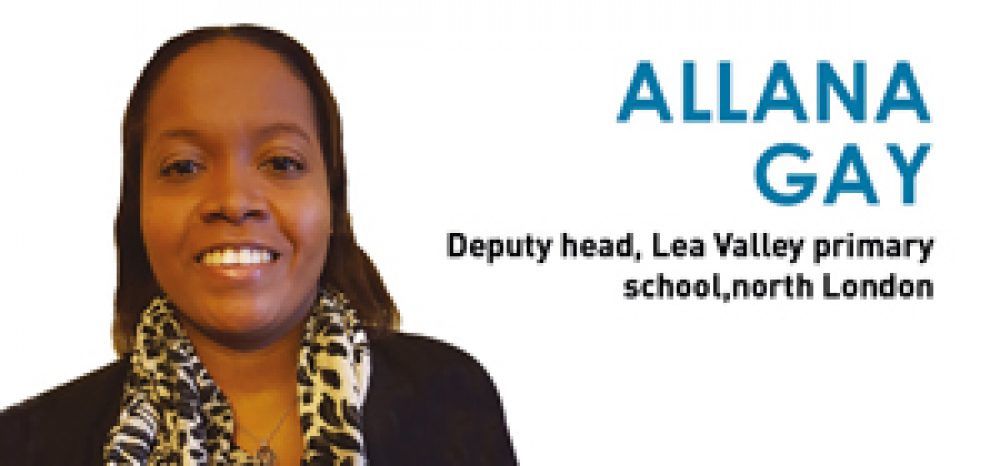A lot of loud voices in the sector are calling for an end to SATs after the latest marking fiasco. Allana Gay calls for calm before we make any rash decisions
These are testing times. The release of the key stage 2 SATs results, and the catalogue of errors that came with it, has prompted the annual call to scrap them. Terms such as ‘punitive marking’, ‘excessive examining’ and ‘lack of consistency’ have been used to discredit them, while the focus on the grammar and reading test overwhelmed traditional arguments of exam stress and overtesting.
While my students have largely not been affected by the new rules, the lack of clarity regarding the marking criteria, the inconsistency in the application of it and the (large) shift in the marks required are annoying. This, however, is not grounds to scrap the exams.
As someone who saw the fall in standards at key stage 3 after SATs were scrapped in 2008 following a marking debacle, I would prefer to reform the way they are administrated than remove them completely. Pearson has undeniably done a poor job; it needs to invest more in its contractual duty to ensure accuracy and consistency in marking and moderation. The furore around the errors does nothing to build confidence that standards in primary education have indeed changed or to reduce secondary-level retesting of students on entry.
Ditching the key stage 2 tests is the wrong response
Ditching the key stage 2 tests is the wrong response to the current situation. Not only would it lead to less trust between sectors but it would increase the impetus at secondary level for more testing to establish a baseline.
As is known by the quibbles from certain corners of primary education, unchecked teacher assessment alone, as in the writing assessment, leads to inconsistent standards. The Standards and Testing Agency, under a Freedom of Information request in May 2017, reported:
“The key stage 2 writing moderation online standardisation exercise was taken by 297 lead moderators and resulted in 90% being successful. The online standardisation exercise was also taken by 2,547 team moderators and resulted in 33% being successful, a further 55% were identified as requiring further training or support and 12% were not approved for moderating.”
With such poor standardisation of moderators across the country, can trust in a fully teacher-assessed system exist? There is no guarantee that schools have even followed the advice of their local moderator.
The administration of the examination was incompetent, and demonstrated a lack of standards and checks by the administrators. The exams themselves, however, are necessary countrywide checks. If taken as part of the culture of demonstrating progress, academic development and achievement in the primary phase, it would be integrated into the common school values of ambition, determination and resilience.
If it were up to me there would be SATs in reading and maths in year 2, optional year 4 reading, writing and maths, and then again at key stage 2. These are essential checks to ensure that students are progressing well nationally and allow schools to intervene when they are not.
Oh, and of course I would reconsider the quality of Pearson’s administration. After all, had they not made a mess of this, this discussion would be totally different.







Your thoughts